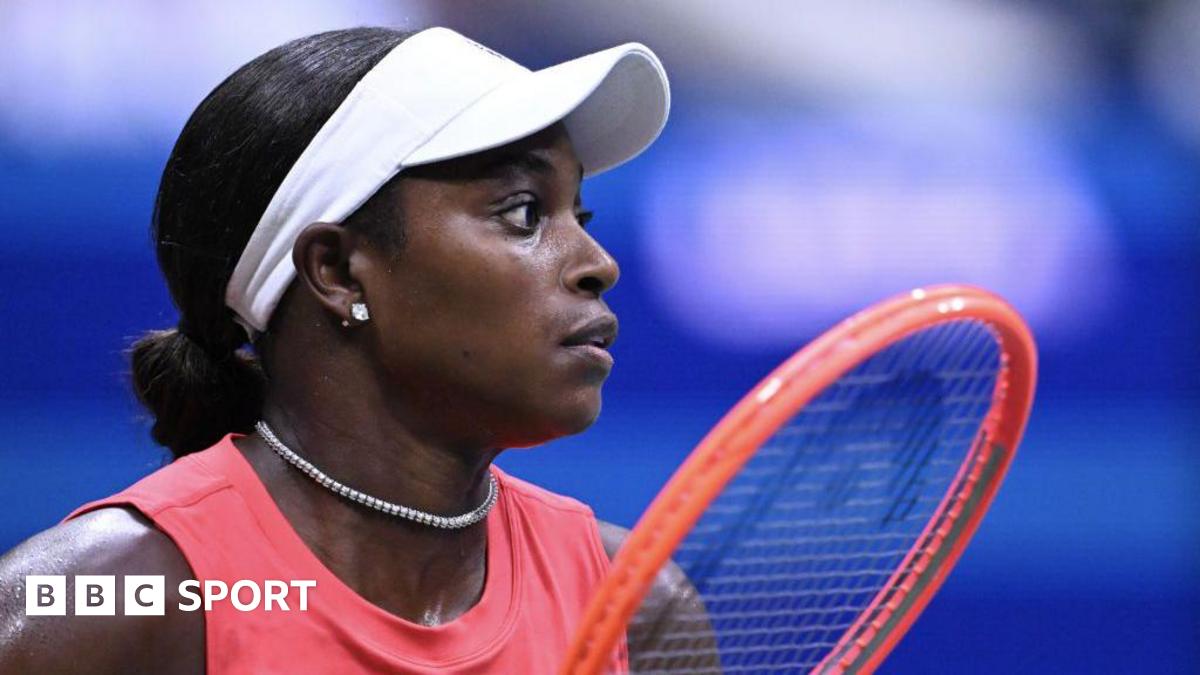Grants have also recently been made available towards the cost of any fertility treatment, and earlier this year the WTA introduced paid maternity leave for the first time.
More than 320 players are now eligible for up to 12 months paid leave – with everyone receiving the same amount, irrespective of their ranking.
Returning to the tour after maternity leave started to become easier when the WTA changed the rules before the 2019 season.
New mothers are able to use their previous ranking to enter 12 tournaments over a three-year period from the birth of their child.
The WTA also offers access to a health team, which offers physical assessments, mental health support and guidance on a staged return to play for new mothers and pregnant players.
German Tatjana Maria, who is ranked 81st in the world, has two children and returned to the tour after both pregnancies.
The 37-year-old welcomed the action by the WTA but believes more can be done to assist mothers on tour.
“I think there is still opportunities to help the WTA players and the mums on tour,” she told BBC Radio 5 live.
“Even now having two kids on tour there are still issues. The WTA could change a little bit, whether it is [related to] hotel rooms or accreditation to make life easier.
“It is helpful to help [as they are doing] but also to help the mums on tour.”
Tennis is not the first sport to offer support to women wishing to freeze their eggs, with the American basketball league the WNBA offering up to $60,000 (£52,500) reimbursement to players for fertility treatment including egg freezing.
High-profile athletes have spoken about their decision to freeze their eggs, including England cricket captain Nat Sciver-Brunt and former England netballer Geva Mentor.
